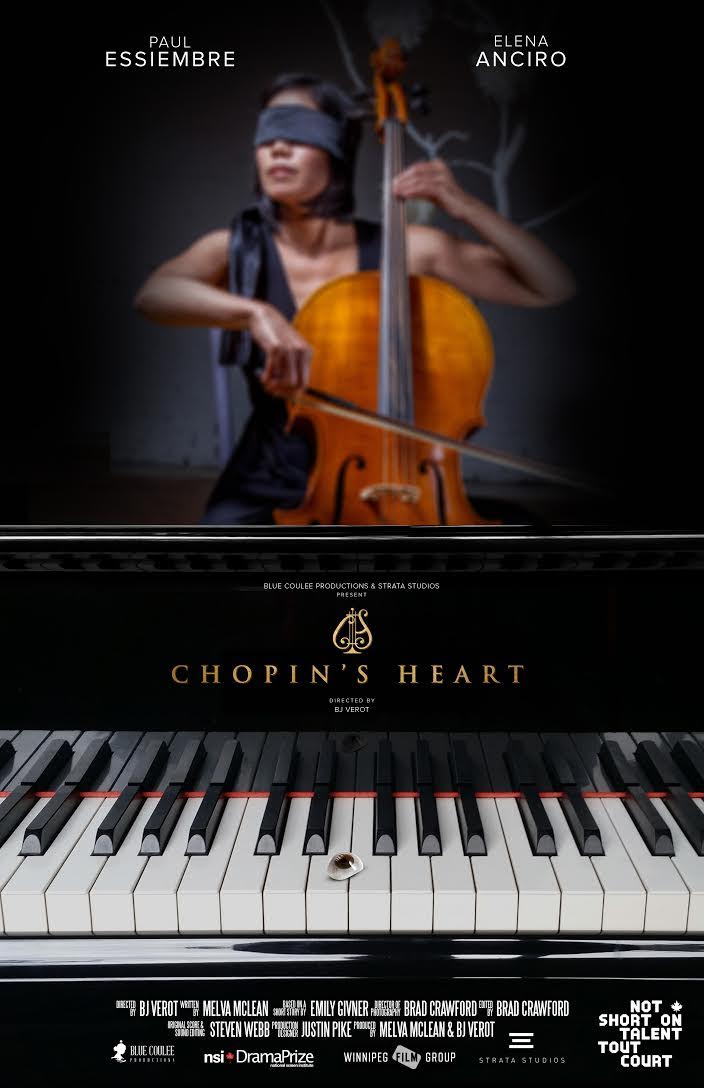Several years ago, I was a reader for a couple of book publishers, and I had the opportunity to read a collection of short stories by the late Emily Givner. Joan Givner, Emily’s mom and a writer of note on her own, wanted to publish Emily’s stories posthumously and shopped the collection around.
I was one of three editors who reviewed the collection for a small publisher. I loved the stories, unedited as they were, because they had a cinematic quality. Alas, the publishers I was reading for decided that the collection wasn’t something that fit their current mandate. The collection went on to find a home at Thistledown Press in Saskatoon, under the title A Heart in Port.
Skip ahead to the year I decided to submit to the National Screen Institute’s Drama Prize. I thought of Emily’s stories, read them all again and chose “In‑Sook,” the story of a young cellist who falls in love with her older, married professor. Purchasing the film rights for the story was the easy part. Next came the daunting task of adapting the short story into a 10-minute film.
I discovered that there were at least three different ways to “story edit” the piece to film. One focused more on the character, one on theme, and one on plot. But filmmaking forces collaboration among writers, directors, cinematographers and film editors.
Match the work of those forces with great acting, thoughtful directing and artful film editing, and the cultural capital of a text can double itself within just a few weeks.
Do you have a favourite book that was adapted into a good movie? Would you have adapted the text differently?
~~~
Melva McLean’s adaptation of “In‑Sook” by Emily Givner was an NSI Drama Prize winner. Filmed under a new title, Chopin’s Heart, the film has been selected as part of Not Short on Talent, Telefilm’s short-film showcase, at Cannes 2016.
Previous post from Melva McLean: The Invisible Vocation in Books.
The Editors’ Weekly is the official blog of Editors Canada. Contact us.
Discover more from L'HEBDOMADAIRE DES RÉVISEURS
Subscribe to get the latest posts sent to your email.

